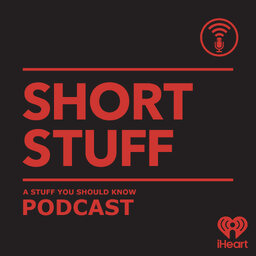A Podcast to Remember (How Memory Works)
How does memory work? How is internet access changing the function of the human brain? In this podcast, Josh and Chuck take a closer look at the science behind memory -- and how modern technology may be changing it.
Learn more about your ad-choices at https://www.iheartpodcastnetwork.com
 Stuff You Should Know
Stuff You Should Know


